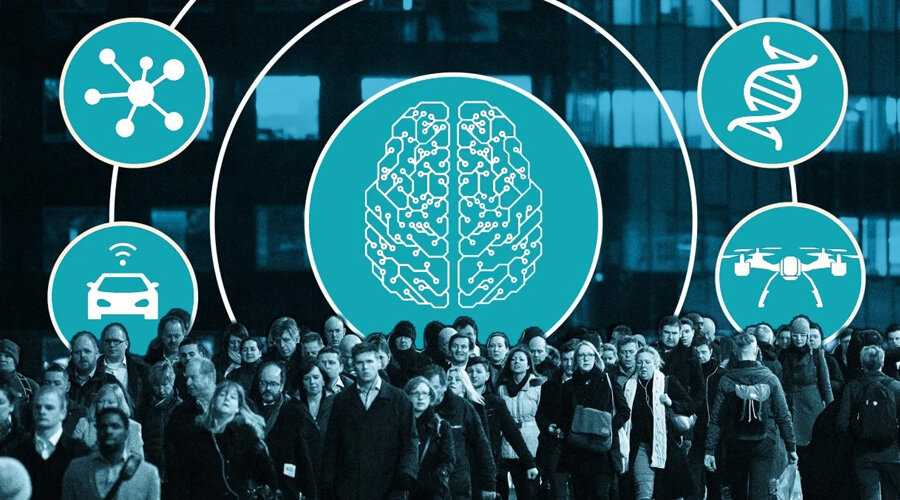
Scaling AI covers the widespread usage of AI by various teams, agencies, and use cases.
Artificial Intelligence has had a significant effect across a wide range of sectors, with applications ranging from processing radiology images in healthcare to robotic consultants in the financial sector. In terms of AI’s functionality and advantages, there is a wide agreement.
Given the widespread acceptance of AI, the real struggle for many companies is expanding AI adoption across the enterprise and incorporating it with conventional technology and business procedures.
Many businesses that have spent decades building artificial intelligence (AI) technologies are discovering that scaling AI takes more than just implementing AI technology. Trying to align AI to business goals, maintaining cross-functional coordination, bringing in the right talent and training, and implementing good data practices are all needed to fully benefit from the technology.
Scalable AI
Scaling AI refers to the widespread usage of AI by various teams, agencies, and use cases. The democratization of AI is achieved by deploying AI at scale, which ensures that everyone in an enterprise can use machine learning to improve work processes.
But even so, not every corporation is aware of the difficulties in establishing a world-class Scalable AI organization. Currently, only tech giants such as Google, Amazon, and others are able to scale AI and enjoy the benefits. While some large companies are beginning to see the gains of their AI efforts to integrate AI into their enterprise applications, the majority of them are finding it difficult to scale. In the meantime, a significant number of non-tech businesses are just beginning to run AI pilots, but are finding it hard to even get their first AI ventures off the ground.
The key factors why scaling AI is so challenging is often because of customization and data. To start with, creating AI systems from the ground up for each issue and domain requires a significant amount of customization. Corporations that buy off-the-shelf solutions that aren’t tailored to their particular requirements gamble on efficiency and results. It’s critical to understand that AI needs customizations for any project and enterprise issue, and making the customization process as effective as possible is a critical part of operationalizing AI.
Why is scalable AI essential?
Scalable AI is a vital factor for all organizations when evaluating technology before making an investment. If you’re trying to prevent transaction fraud, evaluate credit risk, or diagnose healthcare theft, waste, and violence, your AI solution needs to be quick, effective, and scalable. These components make up scalable AI.
Scalable AI enables accelerated expansion and ensures that decisions are made quickly and reliably.
It is evident that putting data and AI initiatives in place at a large scale has delivered on its commitment of real business advantages. To fully unleash the benefits of AI at scale, organizations must embrace a data-driven environment, cautiously focus on investments, and integrate data and AI initiatives into the larger digital transformation framework.
Source: https://www.analyticsinsight.net/uncovering-how-to-scale-artificial-intelligence-successfully/